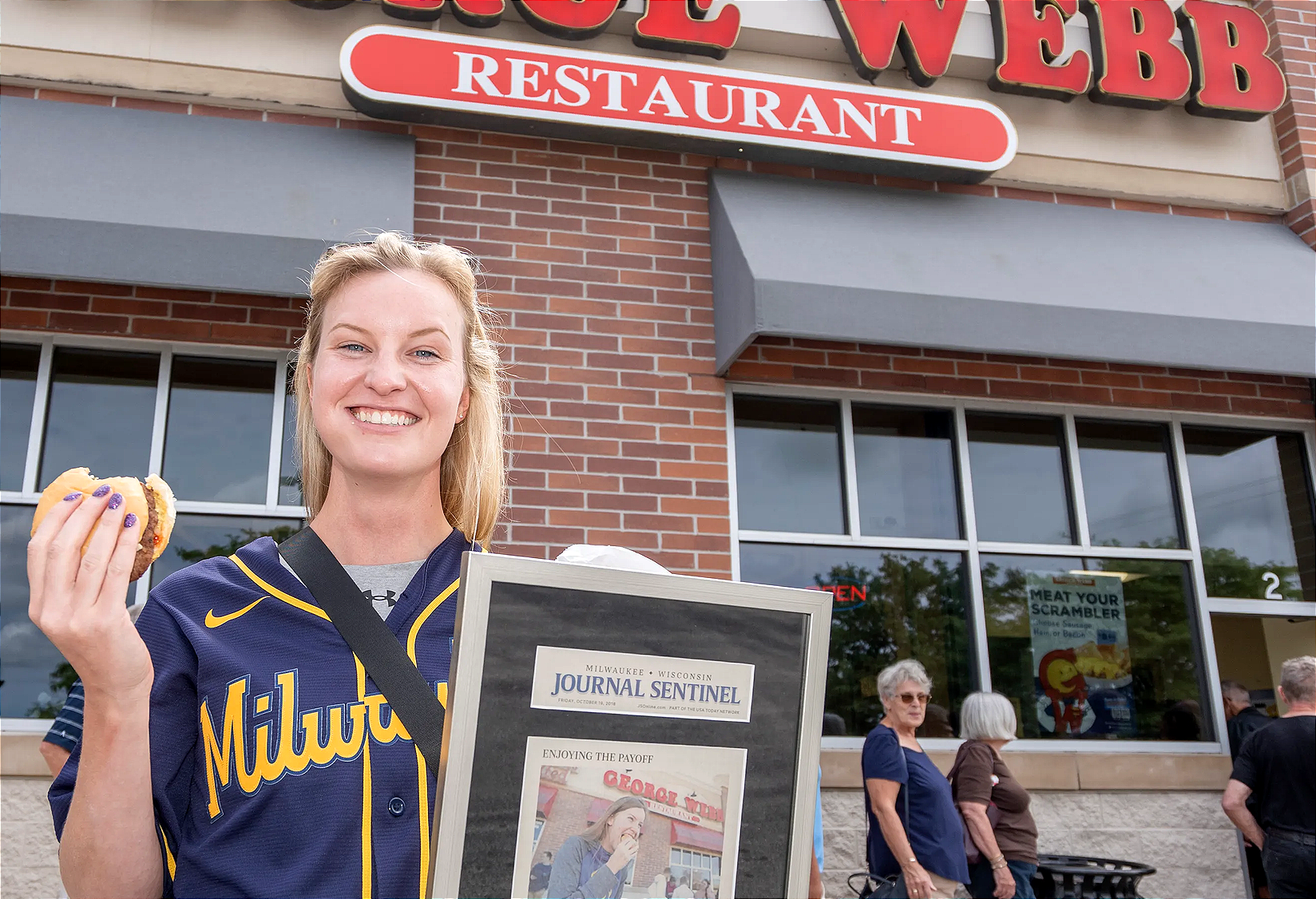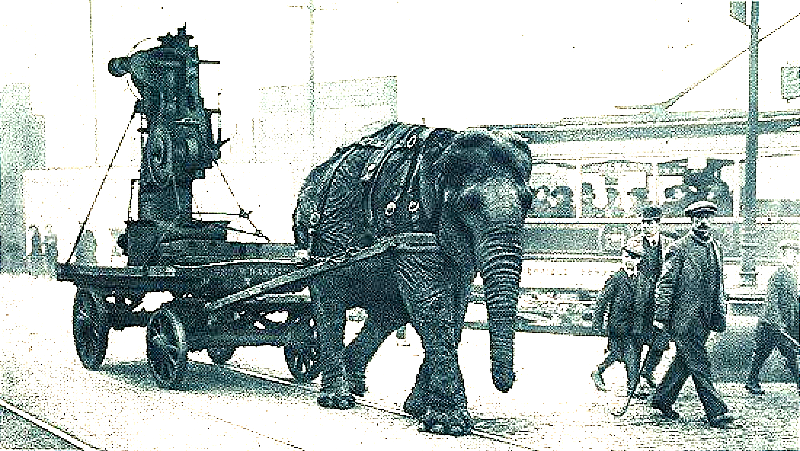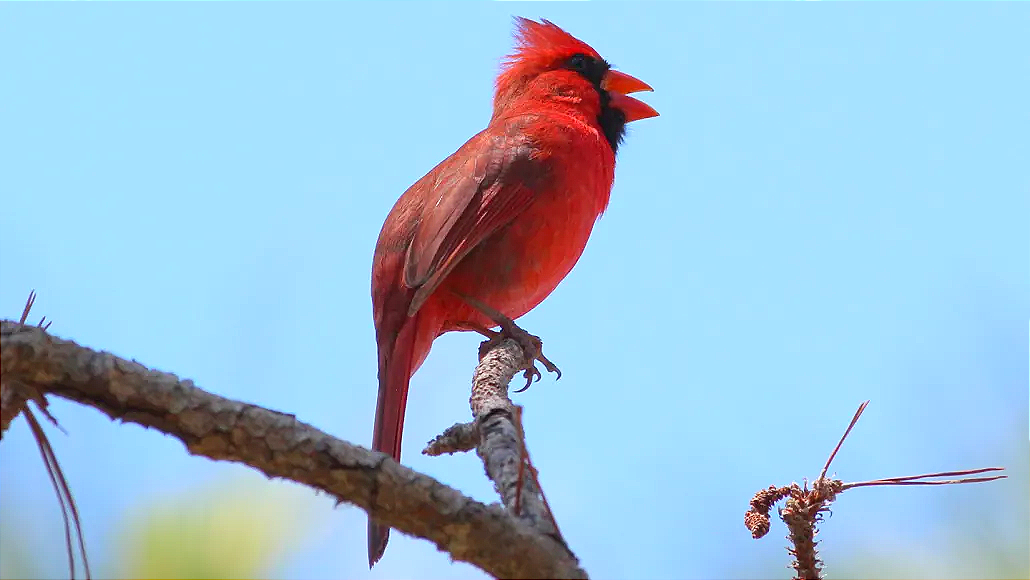A Peruvian play in the 1700's caused thousands of deaths

From Astral Codex Ten: "Ollantay is a three-act play written in Quechua, an indigenous language of the South American Andes. It was first performed in Peru around 1775. Since the mid-1800s it’s been performed more often, and nowadays it’s pretty easy to find some company in Peru doing it. If nothing else, it’s popular in Peruvian high schools as a way to get students to connect with Quechua history. It’s not a particularly long play; a full performance of Ollantay takes around an hour. Also, nobody knows where Ollantay was written, when it was written, or who wrote it. And its first documented performance led directly to upwards of a hundred thousand deaths. Macbeth has killed at most fifty people, and yet it routinely tops listicles of “deadliest plays”. I’m here to propose that Ollantay take its place. Also, the revolutionary who was inspired by the play has the same name as Tupac Shakur, the legendary rapper."
When the Milwaukee Brewers win it can cost this burger chain a lot of money

From ESPN: "The Milwaukee Brewers' franchise-record 14-game winning streak resulted in one heck of a tab for a local fast-food chain. George Webb promises to give away free hamburgers whenever the Brewers reel off at least 12 straight victories. The local chain delivered on its promise Wednesday, as fans lined up outside each of its 26 Milwaukee-area locations. A George Webb spokesman said the chain expects to give out about 180,000 burgers as part of this promotion. George Webb officials purchased 25,000 pounds of beef, 4,000 pounds of onions, 300,000 pickle slices and 200,000 buns in preparation. During the years when the Braves played in Milwaukee before moving to Atlanta, George Webb promised free burgers if they won as many as 13 straight games. When Milwaukee welcomed the Brewers in 1970, George Webb changed the promotion and promised to give away free burgers for every 12-game win streak. This marks the third time George Webb has had to deliver on its promise."
During the First World War a British company used an elephant because there were no horses

From Wikipedia: "During the First World War, many horses were taken from private hands for the war effort, including at least three belonging to Thos. W. Ward Ltd. To replace these horses, owner Thomas W. Ward rented Lizzie from Sedgwick's around February 1916. To prepare Lizzie for pulling carts around the Thos. W. Ward yards, she was outfitted with a custom harness and leather boots to protect her feet from any metal lying on the ground (which was prevalent on the Thos. W. Ward yards). Although an unorthodox replacement, Lizzie was well suited to the task. She had been accustomed to training while in the menagerie, and was used to being around many people. Lizzie quickly became a well-loved icon of the city. Many locals would even bring her treats. Camels, likely also from Sedgwick's Menagerie, were employed in similar fashion around Sheffield. However, they never became as popular as Lizzie did."
Hi everyone! Mathew Ingram here. I am able to continue writing this newsletter in part because of your financial help and support, which you can do either through my Patreon or by upgrading your subscription to a monthly contribution. I enjoy gathering all of these links and sharing them with you, but it does take time, and your support makes it possible for me to do that. I also write a weekly newsletter of technology analysis called The Torment Nexus.
Scientists believe that solar flares may cause whales to beach themselves

From Nautilus: "News of a whale stranding evokes the sense of the funereal. When these leviathans wash ashore en masse, the inevitable question is, “Why?” Our contemporary world presents a gauntlet of hazards that might lead to whales beaching themselves. Things like ear-splitting naval sonar, entanglements with industrial fishing gear, collisions with ships, illness, and pollution are often cited as culprits. But whale strandings have a history that predates our Anthropocene assistance — the fossil record shows that strandings have been happening for at least the past 6 million years. It’s a phenomenon that vexed even Aristotle, who wrote in his Historia Animalium that “it is not known why they sometimes run aground on the seashore.” But an emerging body of research around the violent churnings of our sun might provide a new theory as to why some whales might stray fatally off course. Solar storms might be throwing whales off their bearings, says Jesse Granger, a Duke University biophysicist."
Research shows that birds sing longer in areas with more light pollution

From Science News: "Light pollution makes birds work overtime. A behavioral analysis of nearly 600 bird species suggests that light pollution from human development can lengthen the time birds spend singing by nearly an hour per day, researchers report August 21 in Science. The extension’s magnitude took the researchers by surprise. “While we expected some behavioral adjustment to the lights at night, we didn’t anticipate that it would be this impactful,” says Neil Gilbert, an ecologist at Oklahoma State University. Past research has repeatedly shown that the light from human habitation and infrastructure has substantial effects on wildlife. Birds that migrate at night can become disoriented by the lights and fatally crash into buildings. Gilbert and Brent Pease, a wildlife ecologist at Southern Illinois University in Carbondale, wanted to know about light pollution’s effects on birds on a much larger scale. The researchers used data from BirdWeather, a global citizen science project."
What happens when you throw a pound of sodium metal into the lake

Acknowledgements: I find a lot of these links myself, but I also get some from other newsletters that I rely on as "serendipity engines," such as The Morning News from Rosecrans Baldwin and Andrew Womack, Jodi Ettenberg's Curious About Everything, Dan Lewis's Now I Know, Robert Cottrell and Caroline Crampton's The Browser, Clive Thompson's Linkfest, Noah Brier and Colin Nagy's Why Is This Interesting, Maria Popova's The Marginalian, Sheehan Quirke AKA The Cultural Tutor, the Smithsonian magazine, and JSTOR Daily. If you come across something interesting that you think should be included here, please feel free to email me at mathew @ mathewingram dot com



